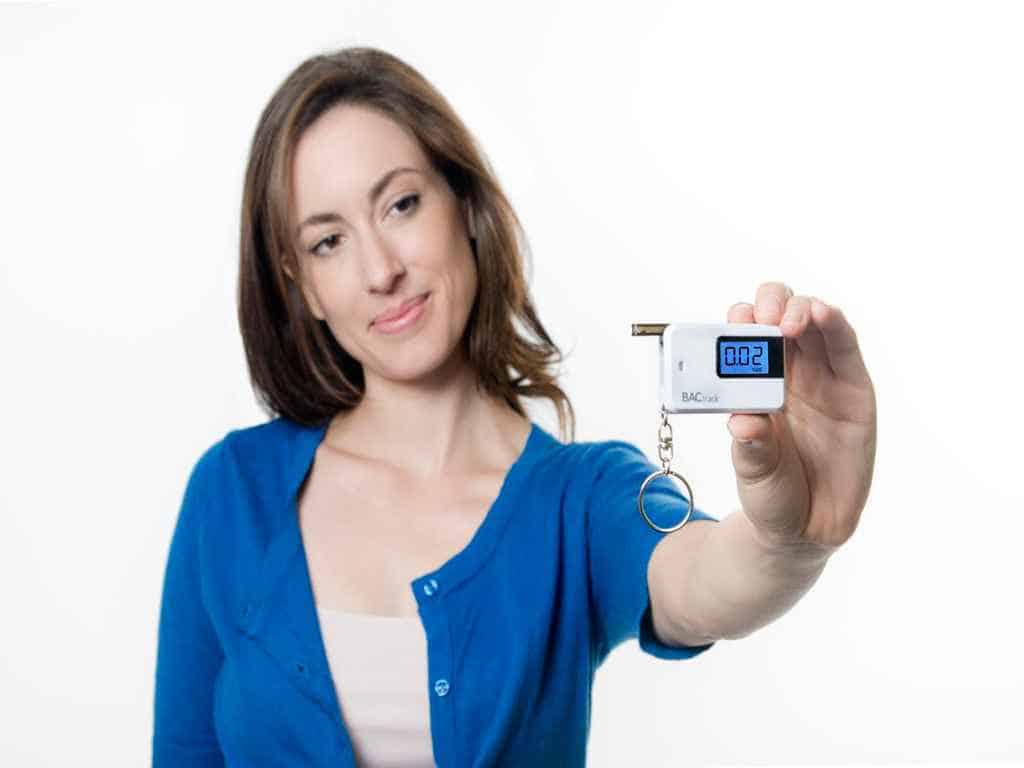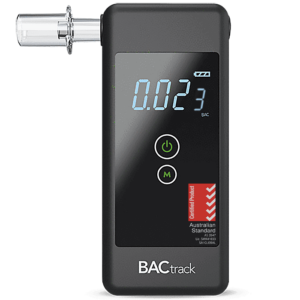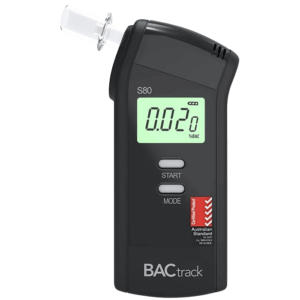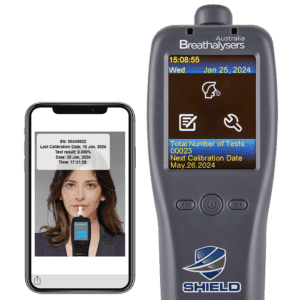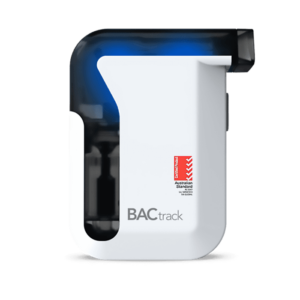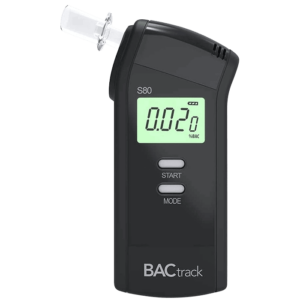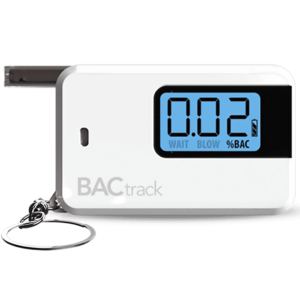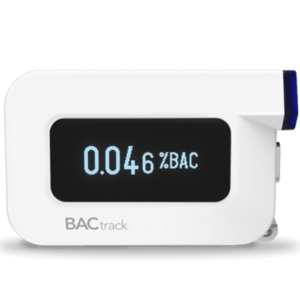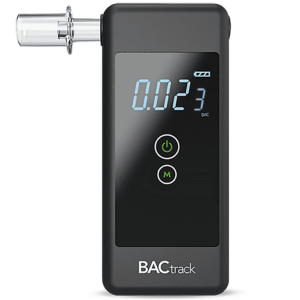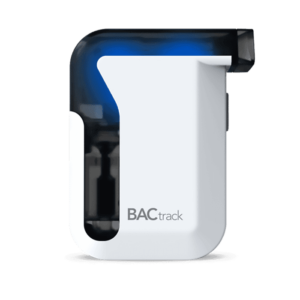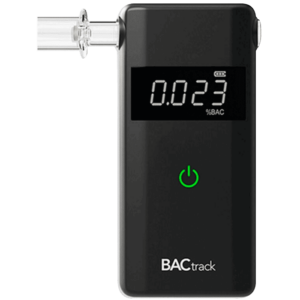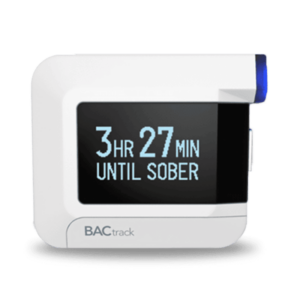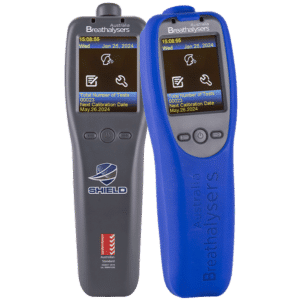How to Deal with an Alcoholic Employee?
24 February, 2022
Alcohol drinking is an inherent part of the New Zealand culture. According to the New Zealand Health Survey in 2020/21, 4 in 5 (78.5%) adults report drinking in the past year, and 1 in 5 adults (19.9%) has a hazardous drinking pattern. Hazardous drinking or alcoholism may cause severe health and safety issues. Additionally, alcohol use disorder (AUD) can also cause problems in the workplace and may endanger other workers. When alcoholism interferes with work, the whole workplace could suffer. Alcohol abuse could affect the business’s overall productivity rate and disrupt normal operations. An alcoholic employee has lower performance quality, increased absenteeism, and may pose a safety risk. Therefore, managing alcohol use disorder in the workplace needs extra care and attention.
Alcohol use disorder is a medical condition characterised by an impaired ability to control alcohol use. Alcohol use in the workplace can manifest itself in different ways. Typically, an alcoholic employee shows physical symptoms such as bloodshot eyes, slurred speech, alcohol breath odour, and uncoordinated balance and movements. Additionally, they also have trouble concentrating and would display reckless behaviour. The best way to deal with alcohol use is to have a comprehensive alcohol program. Additionally, frequent alcohol tests through breathalysers are critical to prevent alcohol use at work. BACtrack workplace breathalysers, available at Breathalysers New Zealand, are effective and reliable breath testing devices to monitor a person’s blood alcohol concentration (BAC).
Signs of Alcoholic Employees in the Workplace
An alcoholic employee will have telltale signs that indicate that they are dealing with serious drinking issues. Although, it is essential to note that workers with drinking problems may not necessarily show exhibiting signs of alcoholism. Likewise, an employee may indicate some of these signs but may not have a drinking problem at all; these may be due to medication or other health conditions. Therefore it is up to the supervisor or employer to assess such situations.
Indicators to consider when detecting an alcoholic employee:
- Frequency of absences or lateness
- Declining work performance – such as missing deadlines, incomplete assignments and quotas not being met
- Change in work behaviour – such as falling asleep during work hours, misconduct and avoidance of supervisors/ managers
- Increase in workplace accidents/ incidents
Dealing with an Alcoholic Employee
Employers are legally obligated to provide workers with a healthy and safe working environment. Accordingly, it is a fundamental right of an employee to feel safe and protected in their workplace. However, an issue arises when the employer has to deal with an alcoholic employee. Alcoholism in the workplace can be costly for business owners due to employee absenteeism, health problems, workplace injuries caused by accidents and lower overall productivity. To avoid such constraints, an employer must implement proper safety management.
Firstly, the development of a comprehensive alcohol program to help guide and support your employees is a good start, subsequently, as part of an overall drug and alcohol policy. A drug and alcohol policy defines the purpose, scope, definition, testing regulations, and expected behaviour of employees in the workplace. The drug and alcohol policies include pre-employment testing, post-accident/incident testing, random and targeted testing. Proper implementation of the policy will help alcoholic employees be more upfront with their alcoholism, as it should help and support them rather than emphasising the disciplinary action that could lead to their dismissal from the company.
Alcoholic Employee: Confrontation
Confronting an alcoholic employee is challenging. There are many factors to consider, such as:
- The need to document that the worker is under alcohol influence and their current performance.
- Develop a strategy and communicate with the employee.
- Present all relevant documentation and discuss the situation in detail.
Since alcohol use disorder is not a simple matter that you can fix overnight, the best option is to refer to the Employee Assistance Program. An Employee Assistance Program is a work-based intervention program assisting employees with resolving personal problems such as alcohol or drug use. It includes treatment or rehabilitation options to help the employee recover completely. Managing alcohol use disorder in the workplace is a delicate matter. Generally, you need to treat an alcoholic employee with compassion and provide support. Additionally, recovery is a long process. The employer must take the necessary steps always to ensure the health and safety of all employees.
Importance of Alcohol Testing in the Workplace
Alcohol testing current or potential workers can significantly increase workplace safety and prevent accidents from happening. Hence, greatly decreasing the chances of injuries resulting from alcohol impairment. Pre-employment and random alcohol testing can detect alcoholic employees in the workplace. Screening employees for alcohol testing is an integral part of the alcohol policy. Moreover, it is especially crucial for high-risk jobs such as drivers, pilots and operators of heavy machinery. Alcohol can stimulate or inhibit the nervous system and cause hallucinogenic effects. Thus, generating increased dangers and making the workplace unsafe. The importance of alcohol tests is to identify employees who may compromise the health and safety of the whole work environment.
It is also important to keep in mind that employees must have consented to the testing you implement, as defined in your alcohol policy. Proper testing protocols should also be adhered to. Test samples are not to be tampered with or contaminated. Furthermore, the testing procedure should be definitive, meaning that the testing method is accurate and not be a subject to disputation. As per the law, an employer may request a breath alcohol test when an employee presents with risky or suspicious behaviour of an alcoholic employee. A breathalyser is the most cost-efficient and effective alcohol breath testing equipment available for alcohol screening in the workplace. BACtrack breathalysers, available at Breathalysers New Zealand, are the choice for high quality workplace breathalysers.
BACtrack Breathalysers at Breathalysers New Zealand
The best way to manage alcohol abuse is to prevent it from happening. A workplace breathalyser is vital in monitoring the alcohol level of alcoholic employees. BACtrack workplace breathalysers can help provide more frequent workplace tests. These breathalysers only take 10 to 15 seconds to process BAC results accurately. The BACtrack workplace breathalysers, available at Breathalysers New Zealand, uses advanced fuel cell sensor technology to measure the BAC accurately. Fuel cell sensors are sensitive to ethanol. Thus, it does not react with other substances in the mouth. As a result, they are unlikely to produce false-positive BAC results. Additionally, the BACtrack fuel cell sensor breathalysers have professional-grade accuracy. Moreover, these are the same sensors that law enforcers use.
Alternatively, alcoholic employees can make use of BACtrack personal breathalysers, also available at Breathalysers New Zealand, to check their own BAC. The BACtrack personal breathalysers are also highly accurate and reliable. You can check your BAC before heading to work or before getting behind the wheel of your car.







